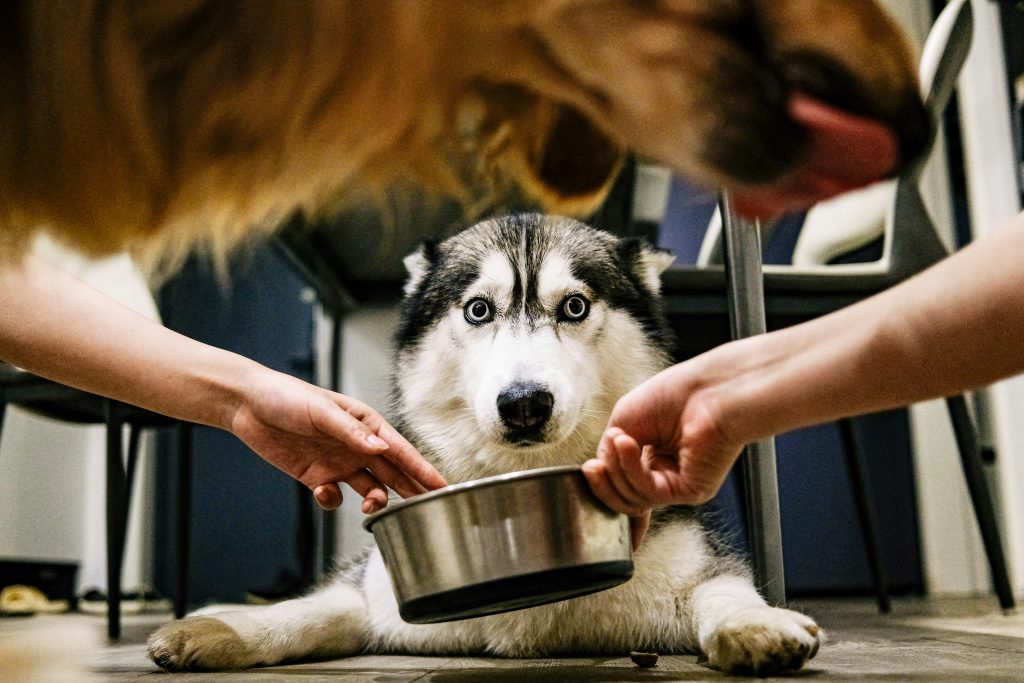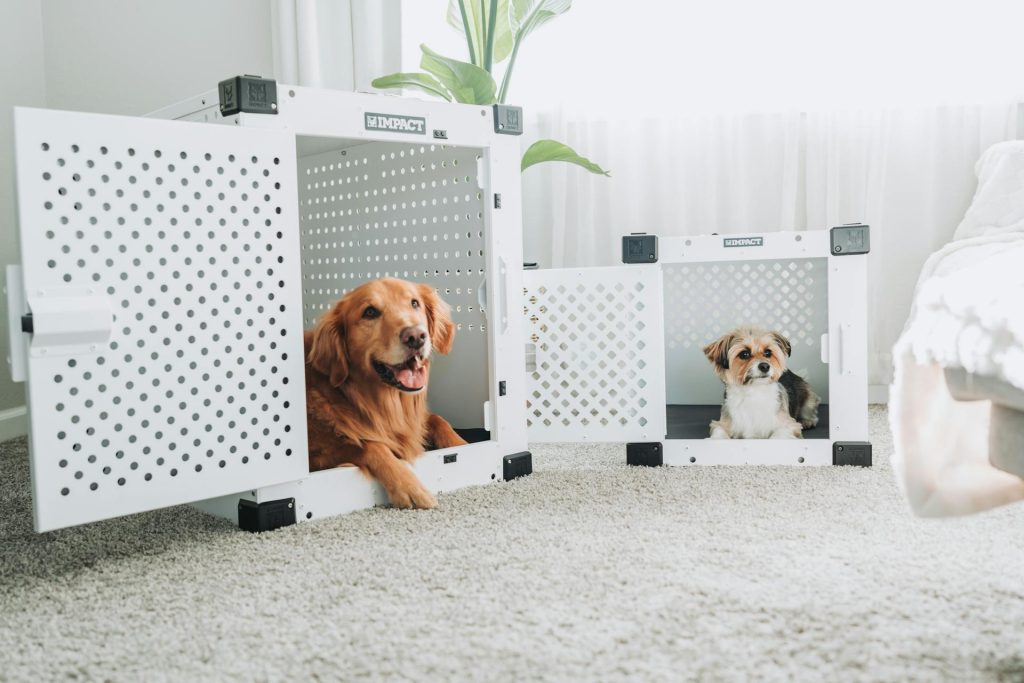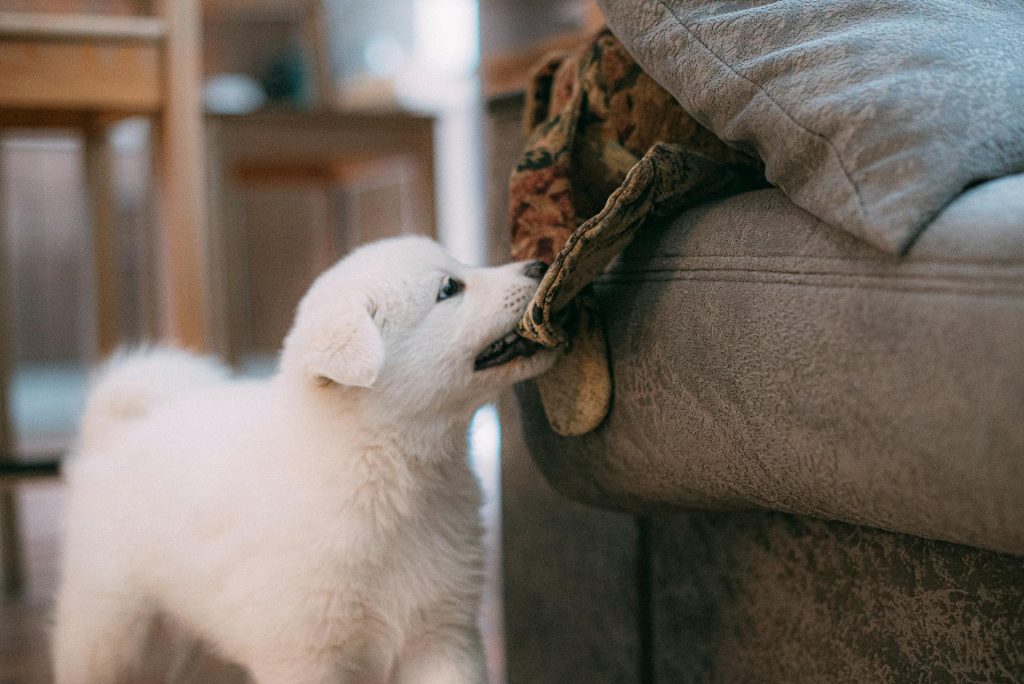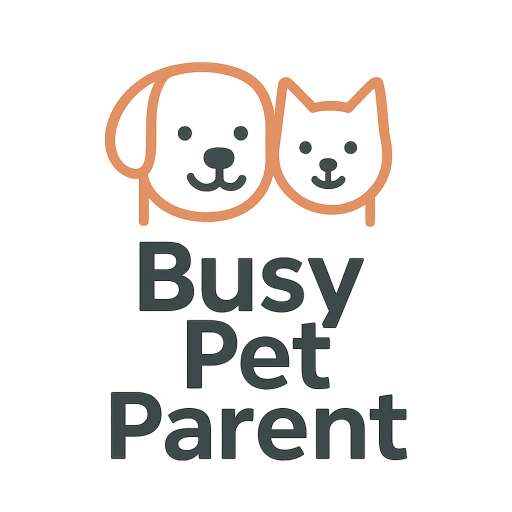
Effective Strategies When Your Dog Isn’t Listening
When your dog isn’t listening, it’s easy to assume they’re being stubborn, distracted, or ignoring you on purpose. But in most cases, what looks like defiance is actually a breakdown in communication, motivation, or environment—not a lack of intelligence or willingness.
Dogs don’t generalize skills the way humans do. A command that works perfectly in your living room can completely fall apart outside, around distractions, or when your dog is tired, overstimulated, or under-exercised. That doesn’t mean training failed—it means the conditions changed.
This article focuses on practical, realistic strategies for moments when your dog stops responding. You’ll learn why listening breaks down, what most owners unintentionally do that makes it worse, and how to rebuild reliability without yelling, repeating commands, or escalating frustration.
Whether you’re dealing with a puppy, a rescue dog, or an adult dog who suddenly seems selective about obeying, these strategies are designed to help you get cooperation back—calmly and consistently.
Why Dogs Stop Listening (It’s Usually Not What You Think)
When a dog isn’t listening, many owners jump straight to discipline or repetition. But most listening problems aren’t about disobedience—they’re about context. Dogs respond based on what makes sense to them in that moment, not on what worked yesterday in a different setting.
Understanding why listening breaks down is the fastest way to fix it. These are the most common causes—and none of them mean your dog is “bad.”
Distractions overpower the cue
Dogs are constantly processing their environment. New smells, sounds, movement, or other dogs can easily outweigh the value of a command—especially if that command hasn’t been practiced around distractions. What looks like ignoring is often your cue competing with something more interesting.
The cue has lost meaning through repetition
Repeating commands teaches dogs that the first (or second) request doesn’t matter. Over time, your dog learns to wait you out. This is one of the most common reasons owners feel like their dog suddenly “stopped listening.”
Motivation doesn’t match the situation
A treat or praise that works at home may not be motivating enough outside or during high-energy moments. Dogs choose the option that benefits them most in that context. If listening isn’t rewarding, they’ll choose something else.
Mental or physical needs aren’t met
A bored, under-stimulated, or anxious dog has a much harder time focusing. Listening issues often improve dramatically when dogs get appropriate mental engagement and structured outlets for energy. For apartment dogs especially, this piece is frequently overlooked.
When you stop treating listening problems as defiance and start treating them as information, training becomes clearer and far less frustrating. In the next section, we’ll look at the common mistakes owners make that accidentally reinforce not listening—and how to fix them.
What Most Owners Do That Makes Listening Worse (Without Realizing It)
When a dog isn’t listening, it’s natural to try harder—talk more, repeat cues, or raise your voice. Unfortunately, those reactions often teach the opposite of what you intend. These common habits quietly train dogs to tune you out.
Repeating commands instead of following through
Saying “sit, sit, sit” or “come, come” teaches your dog that the first cue doesn’t count. Over time, dogs learn to wait until you escalate—or to ignore the cue altogether. One clear cue, followed by guidance or a reset, keeps the word meaningful.
Talking too much during training moments
Dogs don’t process sentences. Extra chatter during a cue can dilute the message and increase confusion. Clear, short cues paired with consistent outcomes help dogs understand what you’re asking without guessing.
Expecting reliability without practice in new environments
Many owners assume a dog who listens at home should listen everywhere. In reality, dogs need to practice skills around new sights, sounds, and smells. Without that practice, distractions will win—even if your dog “knows” the command.
Skipping mental outlets before asking for focus
Asking for attention from a dog with pent-up energy is an uphill battle. Short bursts of mental engagement can dramatically improve responsiveness—especially in apartments where stimulation is limited. Simple activities like puzzle play or scent games can make a noticeable difference: 5 Indoor Games to Keep Your Dog Happy .
Fixing these habits alone often leads to quick improvements. In the next section, we’ll shift from what to stop doing to the effective strategies that actually rebuild listening—calmly and consistently.
Effective Strategies That Actually Make Your Dog Listen
Once you remove the habits that weaken cues, listening improves faster than most owners expect. The goal isn’t to control your dog—it’s to make responding to you the most rewarding and predictable option in any situation.
Use fewer cues, not more
Clear communication starts with restraint. Give one cue, then wait. If your dog doesn’t respond, calmly reset the situation instead of repeating yourself. This preserves the value of your words and prevents cue fatigue.
Make listening immediately worthwhile
Dogs repeat behaviors that work for them. Use rewards that match the difficulty of the situation—higher-value rewards for higher distractions. This doesn’t mean bribing; it means reinforcing the choice you want your dog to make.
Proof skills gradually, not all at once
A dog who listens indoors hasn’t automatically learned to listen outside. Practice cues in progressively more distracting environments so your dog learns that listening applies everywhere—not just in one room.
Manage the environment while skills are developing
Training doesn’t happen in a vacuum. Until listening is reliable, limit situations where your dog can ignore cues. Leashes, barriers, and structured spaces reduce rehearsal of unwanted behavior and make success more likely.
Build structure outside of training sessions
Listening improves when daily life is predictable. Clear routines, boundaries, and calm transitions teach dogs that paying attention has value beyond formal training sessions. Structure creates trust—and trust improves responsiveness.
Many of these strategies align with modern training principles outlined by Wolf Methodology, which emphasizes clarity, motivation, and environmental management: How to Make a Dog Listen .
In the next section, we’ll look at how apartment living can amplify listening challenges—and how to adapt these strategies to smaller, noisier environments.
Apartment-Specific Challenges When Your Dog Isn’t Listening
Apartment living adds layers of stimulation that can make listening harder—even for well-trained dogs. When a dog isn’t listening in an apartment, it’s often because their environment is working against them.
Constant noise and movement
Hallway sounds, neighbors, elevators, and outside traffic all compete for your dog’s attention. These interruptions can make it difficult for dogs to settle or respond consistently, especially if they’re sensitive or easily overstimulated.
Limited decompression space
Dogs need downtime to process stimulation. In small spaces, dogs may not have a quiet area to relax and reset, which can lead to overstimulation and poor responsiveness throughout the day.
Mental boredom masquerading as disobedience
When physical outlets are limited, mental engagement becomes essential. Without enough enrichment, dogs may appear inattentive or “selectively deaf.” Recognizing boredom as a root cause helps you address listening issues at their source.
Signs of boredom are easy to miss in apartments, but they play a major role in listening problems: 15 Signs Your Dog Is Bored in an Apartment .
Apartment challenges don’t make training impossible—they simply require more intention. In the final section, we’ll bring everything together and answer common questions owners have when their dog still struggles to listen.
Final Thoughts
When a dog isn’t listening, it’s rarely a sign of defiance. More often, it’s a signal that communication, motivation, or environment needs adjusting. Once those pieces are aligned, most dogs respond more reliably without pressure or conflict.
Listening isn’t built through repetition or volume—it’s built through clarity, consistency, and trust. Small changes in how you give cues, manage distractions, and structure daily life often lead to noticeable improvements faster than expected.
Whether you live in an apartment or a house, the same principle applies: when listening makes sense to your dog, they’ll choose it more often.
Frequently Asked Questions
Why does my dog listen sometimes but ignore me other times?
Dogs respond based on context. Changes in environment, distractions, energy levels, or motivation can all affect responsiveness. A dog who listens at home may need more practice in new or stimulating settings.
Should I punish my dog for not listening?
Punishment often increases confusion or anxiety and rarely improves long-term listening. Focusing on clarity, reinforcement, and structure is far more effective for building reliable responses.
How long does it take to fix listening problems?
Many owners notice improvement within days once they adjust how cues are given and reinforced. Building reliable listening across all environments takes longer and benefits from consistent practice.
Can boredom really make my dog stop listening?
Yes. Mental and physical boredom can reduce focus and motivation. Addressing enrichment needs often improves listening without additional training.
When should I seek professional help?
If listening issues persist despite consistent training and structure, working with a qualified trainer can help identify gaps and tailor strategies to your dog’s specific needs.

Join the Busy Pet Parent
Newsletter!
Get easy routines, time-saving tips, and the latest gear reviews—delivered straight to your inbox.
Perfect for busy pet owners, apartment dwellers, and anyone who wants a happy, healthy companion (without the stress).
- Exclusive guides & checklists
- Product recommendations & deals
- No spam—unsubscribe anytime!




